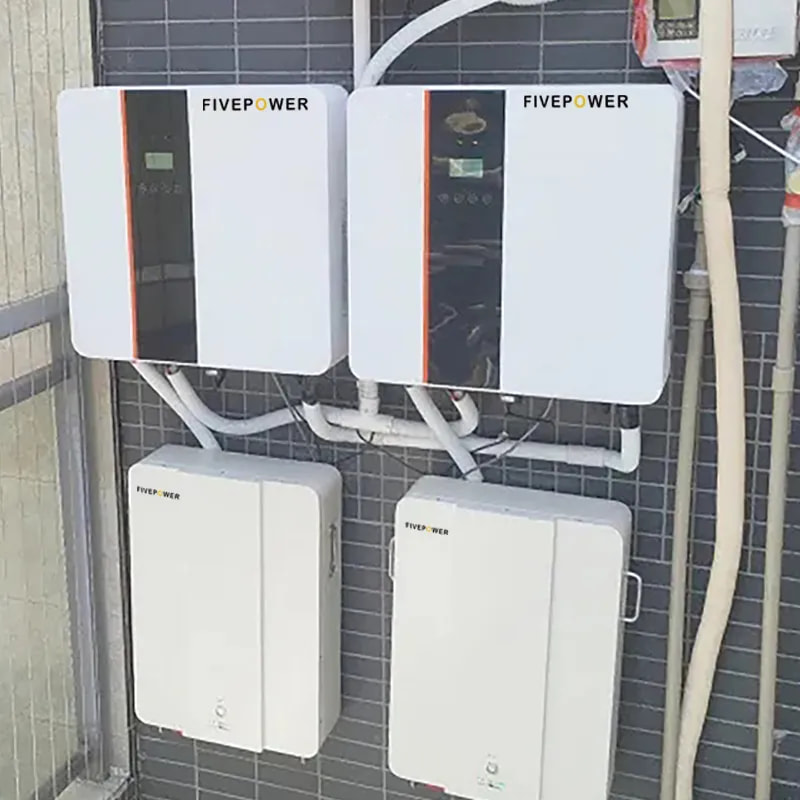What is the battery technology for BESS?
What is the battery technology for BESS?
The primary battery technology utilized in Battery Energy Storage Systems (BESS) is lithium-ion batteries. While this answer provides a succinct overview, delving deeper uncovers the rationale behind this choice, its validation process, and its profound implications.
The selection of lithium-ion batteries stems from their remarkable characteristics aligning with the demanding requirements of BESS applications. These batteries offer high energy density, enabling them to store large amounts of electrical energy within a compact footprint. Additionally, lithium-ion batteries exhibit excellent charge/discharge efficiency, ensuring minimal energy loss during the storage and retrieval process, thereby maximizing the overall system efficiency.
The suitability of lithium-ion batteries for BESS has been extensively validated through rigorous testing and real-world deployments. Over the years, researchers and engineers have conducted numerous studies evaluating the performance, reliability, and cost-effectiveness of lithium-ion batteries in various BESS configurations. These studies have consistently demonstrated the superiority of lithium-ion technology, cementing its position as the preferred choice for BESS applications.
The significance of employing lithium-ion batteries in BESS cannot be overstated. Beyond their technical merits, these batteries play a pivotal role in enabling the widespread adoption of renewable energy sources and enhancing grid stability. By efficiently storing excess energy generated from renewables during periods of low demand and discharging it when demand peaks, lithium-ion BESS facilitates the seamless integration of intermittent renewables into the grid, reducing reliance on fossil fuels and mitigating greenhouse gas emissions.
Moreover, the use of lithium-ion batteries in BESS contributes to the decentralization of energy production and distribution. By deploying BESS at various points across the grid, communities and businesses gain greater autonomy over their energy supply, fostering resilience and sustainability. This decentralization not only enhances energy security but also promotes economic development and empowers local stakeholders to actively participate in the transition towards a cleaner and more sustainable energy future.
In conclusion, while lithium-ion batteries serve as the cornerstone of BESS technology, their significance transcends mere energy storage. As enablers of renewable energy integration, grid stability, and energy decentralization, lithium-ion BESS systems are poised to drive transformative changes in the energy landscape, paving the way for a more sustainable and resilient future.
- 0




